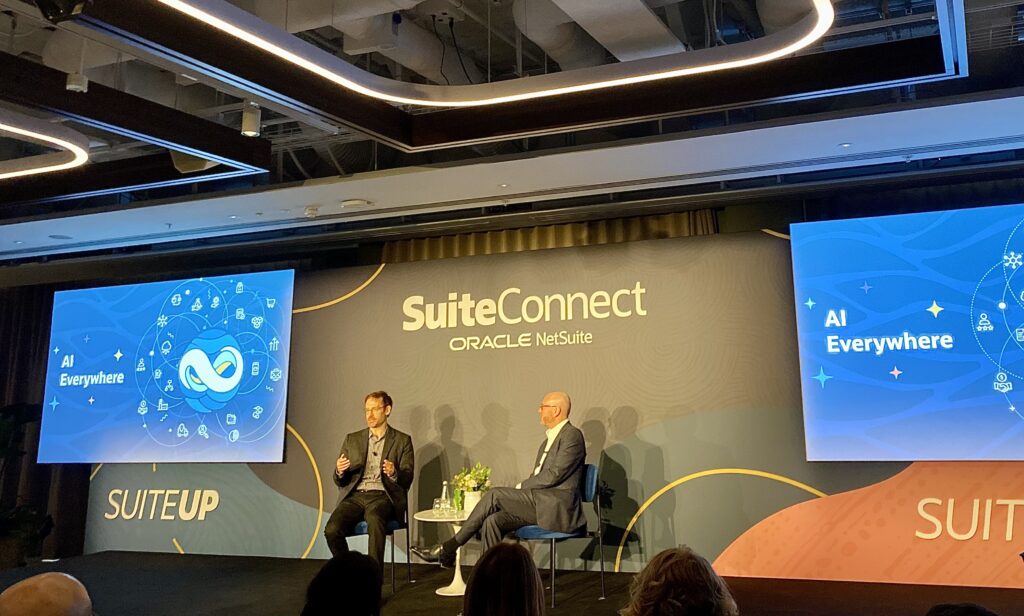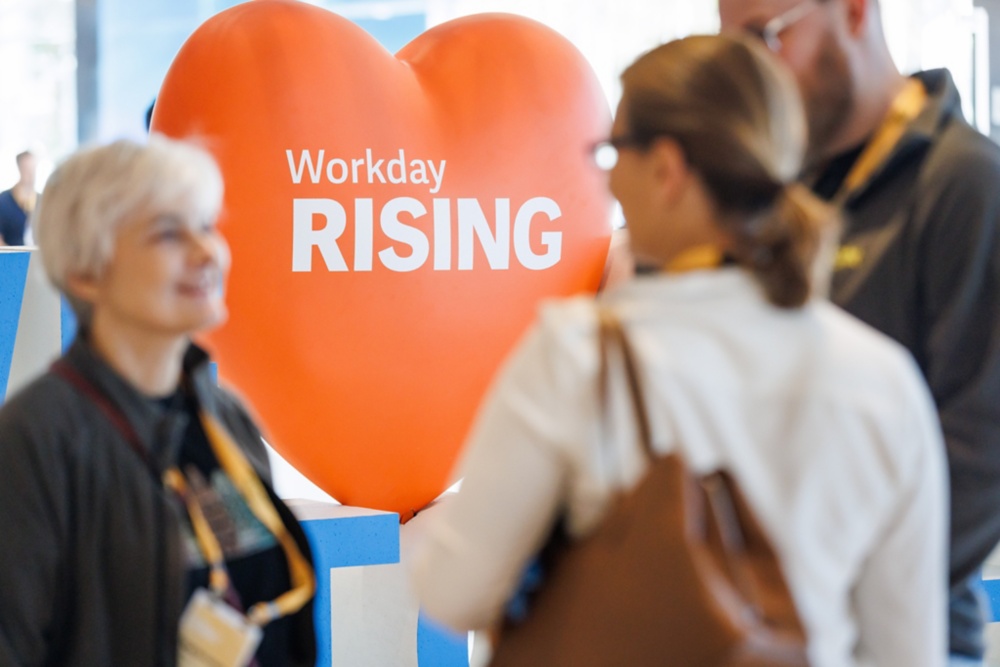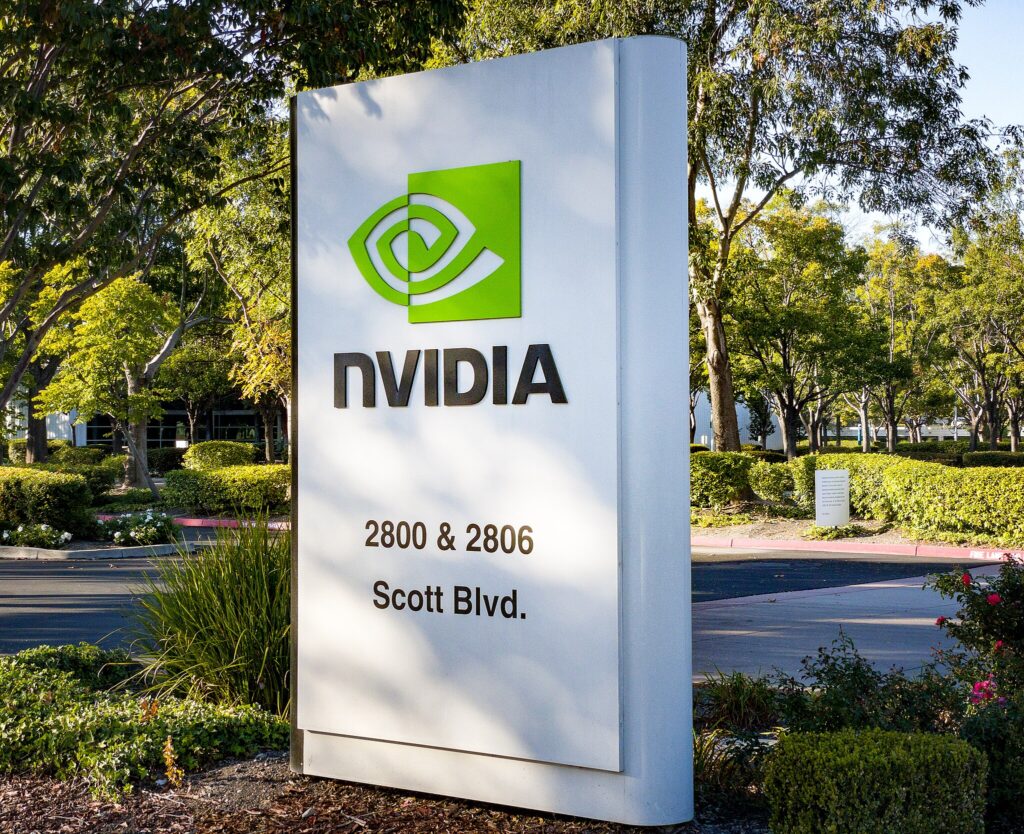Each time I write the opening thoughts in a new edition of ERP Today it brings into focus just how quickly the world of technology changes. Our publishing cadence mirrors the quarter by quarter nature most vendors adhere to and provides a moment in time to reflect on how different things are today compared to just three months ago.
Large Language Models (LLMs) and Generative Pre-trained Transformers (GPTs) are not a new phenomenon. The generative pre-trained concept has been a linchpin of machine learning for a decade and the first transformers were developed back in 2017. However, every earnings call I have listened to in recent weeks and each event that I have attended has been dominated by one topic – Generative Artificial Intelligence – and so too is this issue of ERP Today.
For the first time in human history we are at the brink of an evolutionary step.
During the 300,000 years of our existence, our species has “slowly” matured through a series of small iterative changes that have improved the anthropic condition without altering the nature of what it is to be human or impacting our ‘special’ position in the universe.
The reason we have prospered above all other lifeforms is due to our intelligence. Since our first evolutionary step until the present day, the human brain has been the most intelligent thing on the planet – but that is about to change.
Charles Babbage developed the idea for a programmable computer in the 1830s and for nearly 100 years we have been obsessed with building more computational capability. The unprecedented developments in compute and algorithms have coalesced in recent years to give rise to a technology that will change the world, and our position in it.
Pondering if artificial intelligence will supersede human intelligence is no longer a relevant exercise. The only question we should be concerned with, is to what extent will that intelligence benefit humanity?
At present, AI operates within parameters set by us and is trained on datasets derived from books and research of human origin – it is learning what we already know. But it will soon be able to create organic data and will enter a period of rapid and exponential learning as it effectively teaches itself at a pace that is inconceivable to humans.
In our playful cover story, written in the year 2033, we consider some of the changes that people and businesses might expect: mega-mergers between the big tech companies, universal accords between nations, societal disruption and bounds in medicine that are hard to fathom right now.
Within a year, the proliferation of AI will be a thousand times greater than it is today. As GenAI seeps into the world around us, it will begin to orchestrate more of our lives and the companies we work for. Our homes, schools, hospitals, shops and factories will be powered by AI and every business on the planet will be a digital enterprise which runs in the cloud and is governed by artificial intelligence.
Being afraid of AI is moot. It is here and we should cautiously embrace it. For those organizations that get it right, it will be transformative beyond imagination. For those which fail to grasp its potential, it will be the source of their demise.
PS – we have been playing with AI a lot (mainly to see if we would be out of a job soon) and there are 7 images in this edition that have been produced by generative AI. If you can spot them, send me an email and the first 10 correct answers will get a free VIP ticket to the ERP Today Awards.





